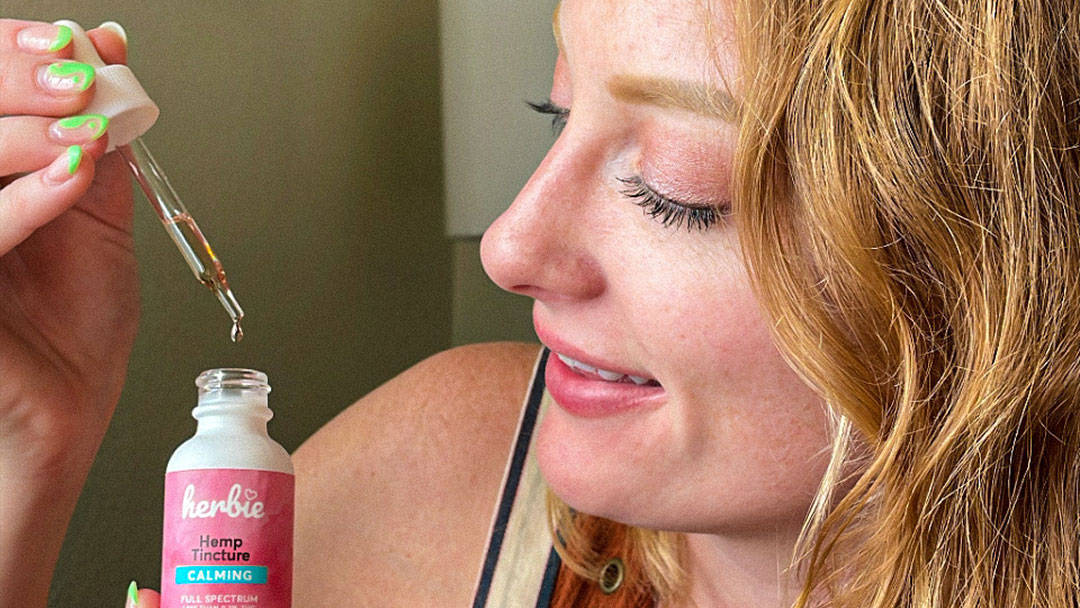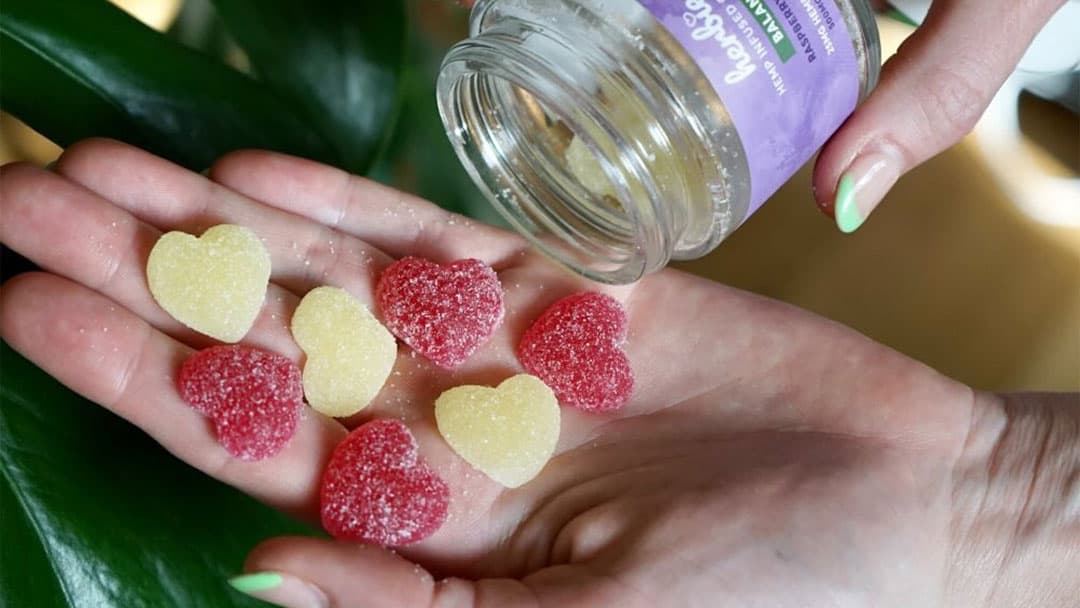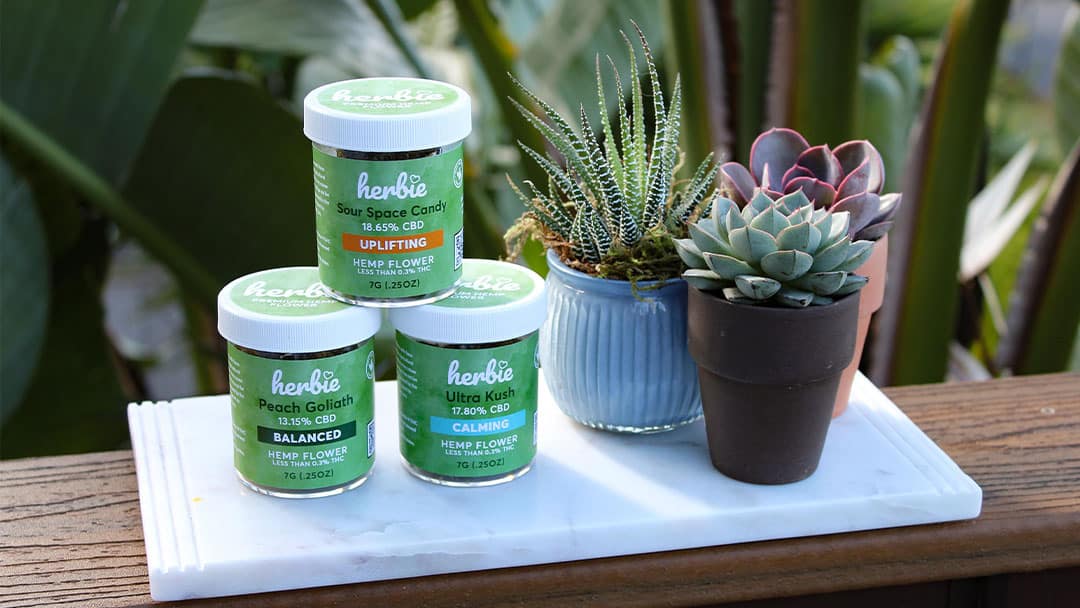A Beginner’s Guide to CBD
No doubt, you've heard all the talk of the benefits of CBD in its many forms. The claims go from reasonable to extreme, but what's the truth? Is CBD the newest miracle cure to all that ails you, is it all exaggerated, or is the truth somewhere between?
There are many questions to be answered. Is it safe? Legal? Are there any side effects? Which conditions can it help? Is it addictive? Will I get high? And so on.
We'll look into what CBD is, its benefits, and even how to use it. You'll see how you can make the most of this fantastic, natural product.
Related: 10 Potential Health Benefits of CBD

What Is CBD?
Cannabidiol (CBD) is a natural component of the flower of cannabis. Cannabis has been used for its medicinal properties for thousands of years. Currently, doctors and scientists are proving the excellent properties of CBD. They have found that it is safe and non-addictive and can be used to treat many health problems.
CBD is just one of over a hundred phytocannabinoids in cannabis. It is closely related to, and sometimes confused with, another medicinally active phytocannabinoid called tetrahydrocannabinol (THC). THC is the compound responsible for the 'high' associated with cannabis. CBD and THC are the two most studied compounds in cannabis - hence, we know the most about them. Although they are both beneficial to us, they affect us differently and interact with different receptors in the brain and body.
The Benefits of CBD
A 2018 study showed that CBD might be helpful and effective in treating the following conditions:
- Arthritis and joint pain
- Allergies and asthma
- Alzheimer's Disease
- Anxiety
- Chronic pain
- Cluster headaches (other headaches, as well)
- Cancer
- Depression
- Epilepsy and other seizure disorders
- Lung conditions
- Migraines
- Multiple Sclerosis (MS)
- Nausea
- Post-Traumatic Stress Disorder (PTSD)
- Parkinson's Disease
- Sleep Disorders
Another study in 2013 found that inhaling CBD may help smokers quit the habit, and a 2015 review found that cannabinoids like CBD may also help with opioid addiction disorders.
Related: Cannabinoids and Terpenes Explained

The Different Ways You Can Use CBD
Now that you know about CBD and the conditions it may treat, here are the various ways you may use it.
Oils & Tinctures
Oils and tinctures are usually CBD-infused oils that you ingest by putting drops under your tongue. There are loads of tiny capillaries in the mouth that will absorb the compound quickly.
These are an excellent option for people who don't like to take pills.
Edibles
Edibles are arguably the most popular means of taking CBD. Edibles are available in many forms, but we prefer CBD gummies, which are affordable, portable, discrete, and of course, yummy. Edibles have the added benefit of being exact in their dosage - meaning, you know precisely how much CBD you're taking.
Are you considering CBD? We have high-quality products that you will love! Visit Herbie for more information.
Pills
CBD pills are effective in the systemic treatment of seizure disorders, as well as digestive problems. Pills and capsules can take longer to digest, which will delay their onset. The Food and Drug Administration has approved a high-potency CBD drug for seizures called Epidiolex.
Lotions and Topicals
For muscle and joint pain, topicals like CBD-infused creams and lotions can be very effective. They can also treat skin conditions like psoriasis and eczema.
Vaping
The fastest consumption method to use to experience the effects of CBD is by vaping. This is the inhaling of vaporized CBD oil or flower. The CBD is inhaled directed into the lungs, where it is quickly absorbed into the bloodstream.
How Should You Start Taking CBD?
When you first start using CBD, you should take a low dosage. Once you adjust, slowly increase the dosage and frequency. Choose a consumption method that you're comfortable with and ensure that you always check the dosage on new products. The amount of CBD in different products and consumption methods will vary, so always check dosages.

How Much CBD Should You Use?
When you first decide to use CBD, it's important to note that you don't need a 'high' for it to be effective. An expert in the field says that ultra-low doses may still be highly effective - possibly even more effective than higher dosages.
The practice of using ultra-low dosages of sub-psychoactive or psychoactive cannabis is known as micro-dosing. Micro-dosing is something you can do if you only want the medicinal benefits of cannabis without the high.
If you choose to smoke or vape your CBD, consider taking a single inhalation and then waiting 15 minutes to inhale again. You can feel the effects of inhaled CBD in just a few minutes. You can follow it up with a puff every 15 or 30 minutes until you get the result you want.
With pills or capsules, it can take up to an hour or hour and a half before you feel the effects.
Considerations Concerning Dosage
Here are some things to remember about CBD dosing:
- Use CBD lotions and creams sparingly at first.
- Have a talk with your doctor first if you want to use CBD for seizures. They may have product or dosage recommendations.
- Gummies are usually available in standard 25 mg doses.
- CBD oils may have 1mg per drop, but be sure to read your product's labels.
- Vape dosing is not an exact science. It can depend on your inhale and the concentration of liquid.
Related: How Long Does CBD Stay in Your System?
Final Thoughts
CBD is a remarkable product, and we have yet to learn the extent of its benefits. But we already know that it's safe, non-addictive, and medically beneficial for many conditions. Do a little research to find the consumption methods that best suit you, and enjoy the results.
Are you looking for high-quality CBD and hemp products? Visit Herbie to see our product line.
